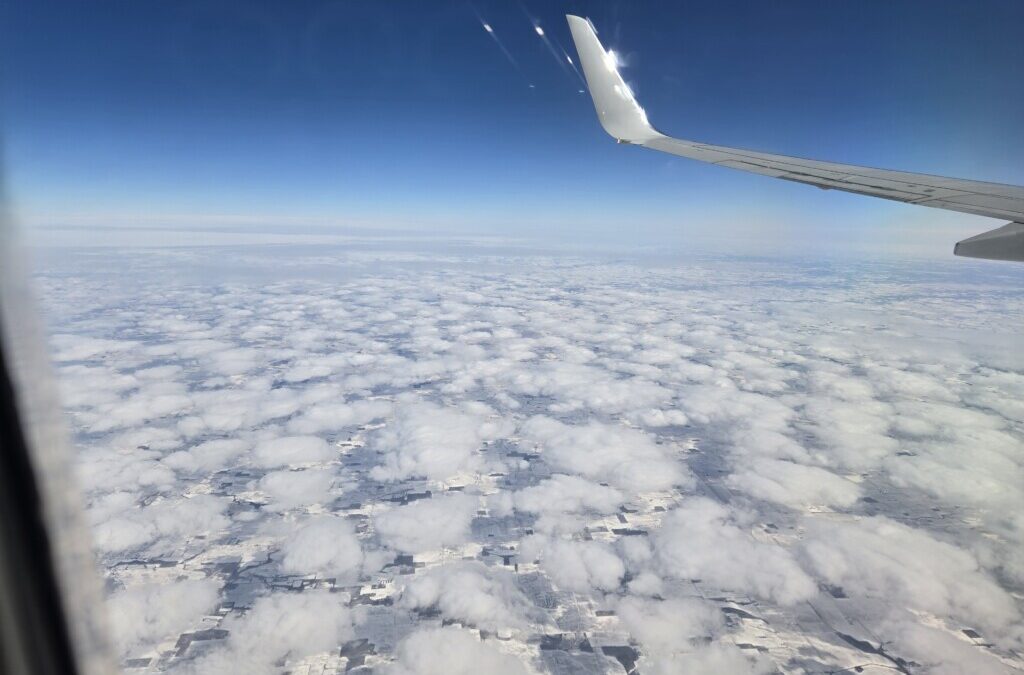I’ve been thinking about gaps recently. Research ones, obviously—November is the hell month of academia (if there is such a thing; I’m having a blast! *she says, bleary-eyed*) — but also other kinds of gaps.
I recently had a long, fulfilling chat with my best friend for the first time in months—we talk relatively frequently, chatting briefly and watching Survivor together. But the proximity, the gentle presence required for spontaneity and connection, is nearly impossible via phone call. Often, I forget how much I miss it—then, unexpectedly, the longing is there, for a gentle green couch and spackled grey walls and the TV shows we watched projected on that wall, creases and all.
We wouldn’t fit in that place where we once lived together anymore, though. I know partly because I’m a long-distance eldest daughter. I haven’t lived at home in years. Even yet, I feel the rough scabs of gaps I used to fill. And if they did still exist, I wouldn’t have been able to cram into them anyway; I’ve grown since then. I’ve been working to figure out what my new spot might be.
My boyfriend came and visited me last weekend. I was nervous, scared, almost, driving to pick him up from the airport. We were seeing each other in person for the first time in three months, and for the first time here in Maine. While gaps existed—ones for hugs, for closeness, for warmth, for laughter, for so much laughter—he hadn’t been here and left. There was no space he had occupied and then ceased to, leaving a vacuum. Despite consistent video calls, despite the fact that he knew the names of all my coworkers and my professors, and what I was planning to make for dinner, I didn’t know where he would fit.
I overreacted, for sure—we smooth each other, Thomas and I. I hollowed a place for him; he molded himself to the contours of my life here. Our last hour together, we played cribbage in a Dunkin’ Donuts, four minutes from the Portland airport. It’s easier to be the one leaving, rather than the one who’s left behind, tongue tracing the foreign absence over and over again until gradually, it smooths. But it comforted me, slightly, to think that I would probably see this Dunkin’ again, that this ritual might persist.
I’m usually the one doing the leaving, upheaving my reality so that everything is a gap, and therefore nothing is, and loss is easier to ignore. Increasingly, nowadays, I want to attend to important absences, to make persistent and flexible places in my heart, in my time, in my life— ones that feel hollow and full, simultaneously.
Savannah Shustack graduated from Calvin in 2024 with a major in literature and plans to have the job of “books” one day. Rather like Ken, she is still figuring life out; the job “books” provides plenty of wiggle room, though she’s currently leaning toward being a librarian. Savannah is a New England native who enjoys watching hockey (Go Bruins!) and playing board games—especially ones she can win.


